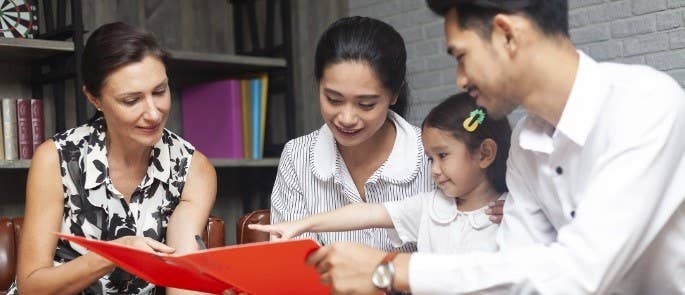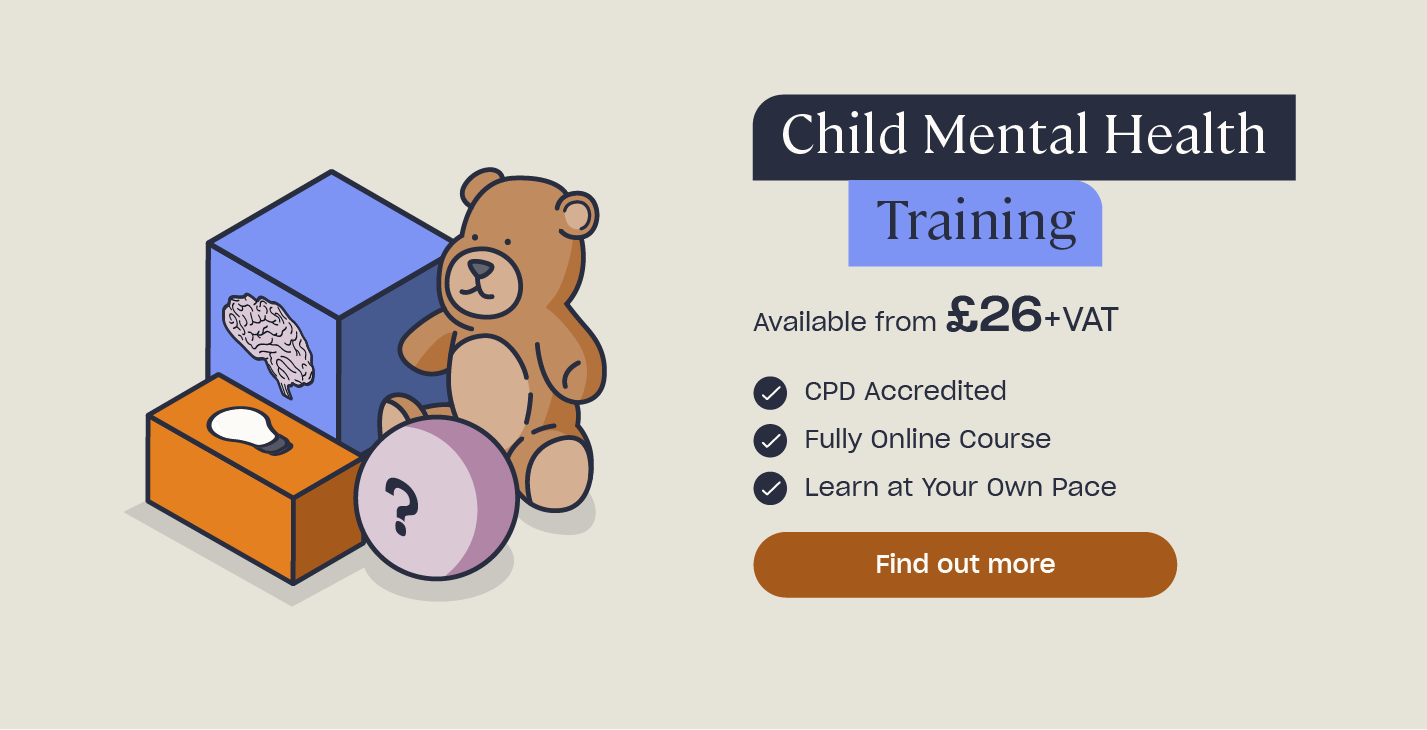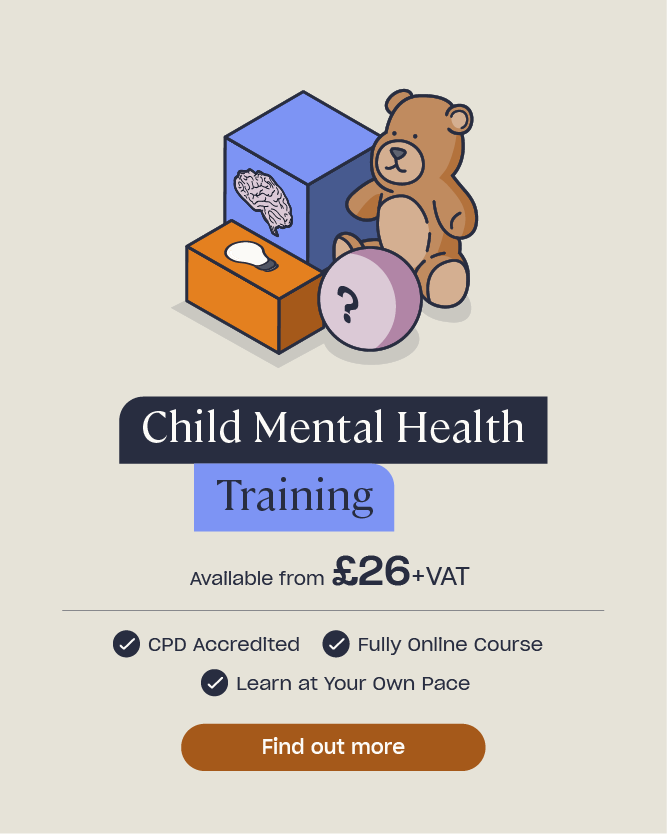What is an Early Help Assessment?
Safeguarding children is a complex process. There are many initiatives in place to support to young people and their families, but determining the best action to take can often be a difficult decision. Safeguarding issues are not always clear cut and a safeguarding concern can come to your attention in many different ways.
One safeguarding initiative that aims to uncover what support a child may need is a Common Assessment Framework, now known as an Early Help Assessment.

What is an Early Help Assessment?
In recent years, the Common Assessment Framework has been replaced by an Early Help Assessment (EHA). The EHA is based on the same principles as the CAF but it is much simpler and more straightforward to use.
An Early Help Assessment is an initial assessment and planning tool that facilitates and coordinates multi-agency support. It assesses the situation of the child or young person and their family and helps to identify the needs of both the children and the adults in the family.
It is a shared tool that multiple agencies can use to develop a coordinated response. This improves involvement between agencies and ensures that the child and their family are getting all the support that they need from wherever they need it. By doing this, the assessment aims to resolve any problems in their early stages and therefore removes the need for the intervention of social care.
Who Would Benefit from an Early Help Assessment?
Early Help Assessments are most beneficial for children or families that have low level needs which can be met through short-term intervention. This is because an EHA allows professionals to effectively identify any emerging needs of children. If children do have emerging needs that require action, then these children are generally referred to as having additional needs.
Examples of additional needs that the EHA may identify are:
- A child who has a mental health problem.
- Parents who have a mental health problem may need additional help with their children.
- Parents who are having relationship difficulties which are affecting the child.
- A child at risk of radicalisation or exploitation.
- A child who has special educational needs.
- A young person misusing drugs or alcohol.
- Parents misusing drugs and alcohol which is affecting the child.
Need a Course?
Our range of Safeguarding Training Courses aim to provide you with the required knowledge to carry out your work whilst meeting your safeguarding requirements. Find everything from Advanced Safeguarding Children (Level 2) to Child Mental Health.
What is the Common Assessment Framework and Is it Still in Use?
The Common Assessment Framework (CAF) is a national approach to assessing any unmet needs that a child might have. It involves deciding how these needs can be identified and how they can be met effectively.
The CAF is an assessment tool that practitioners and professionals, in any organisation or establishment, can use to support early intervention for a child or young person and their parents. It provides evidence for referrals to targeted and specialist services and helps to inform decisions about whether further assessments are necessary for the child.
The CAF provides a realistic picture of a child’s needs across all aspects of their life, including medically, at home, and at school. If it’s identified that a child needs additional support in a range of areas, then the assessment provides a strong ground for multi-agency working. This is because multiple agencies and disciplines will all share a common understanding about the issues they’re working to address.
To complete a CAF, all practitioners who are working with a child or their family should fill in the national standard form. Within this form, they should record information on:
- The child or young person and their parents/carers.
- Their situation, circumstances, and behaviours.
- Their strengths and needs.
This information should then be analysed and a plan for delivering multi-agency, integrated services should be implemented.
How Does an EHA Differ to CAF?
The Early Help Assessment doesn’t differ drastically to CAF. The main differences that you will see with the EHA are:
- It’s shorter and more straightforward. This means that it is quicker to complete and interventions can reach the child and their families sooner.
- It is more strength based. It allows you and the family to work out what they do well rather than focusing simply on their challenges.
- The focus is on change and reaching a solution. It is very practical and looks to examine the root of the issues before implementing practical steps to help.
- It’s more conversational and no longer based on a rigid set of questions. This opens up a discussion between practitioners and families and allows them to explore issues together.

Who Can Carry Out Early Help Assessments?
A lead professional, who already provides support to the child and family, should undertake the Early Help Assessment. For example, a GP, support worker, or teacher.
Before you carry out an EHA, you must have agreement from both the child and their parents/carers. You must also involve the child in the assessment and discussion, as well as their family and other professionals who work with them.
Do I Need Training to Complete an Early Help Assessment?
You do not need specific training to complete an Early Help Assessment. However, it’s important that if you do undertake this role you have some previous experience with the child and their family.
Ideally, you should undertake safeguarding training so you know what to look out for and how to respond. You should feel confident in your safeguarding knowledge and be able to offer help and support to the child and their family.
What If a Child is at Immediate Risk?
If you reach a conclusion that a child is at risk of harm, then you should make a referral to social care straight away. If you suspect that a child at immediate risk and is in danger, then you should contact the police without delay.
The Early Help Assessment is a very useful tool for deciding whether a child and their family needs help and support. It should be a multi-agency support mechanism that focuses on a family’s strengths as well as their issues, and it should give practical and positive help.
What to Read Next:
- Guide to Safeguarding Children Legislation
- Child Mental Health Quiz
- Child Mental Health Training Course











